It has been a good year for the girls. The filly Enable was the horse of the year, winning not only the Oaks, amid a thunderstorm, but also collecting the King George VI and Queen Elizabeth Stakes at Ascot, and the Prix de l’Arc de Triomphe in Paris, in scintillating style. Jessica Harrington trained the Cheltenham Gold Cup winner Sizing John, and Josephine Gordon became only the second woman ever, after Hayley Turner, to ride 100 winners in a calendar year.
I have been banging on for 20 years about giving women riders more opportunities, but even so I was surprised to discover, when researching Sixty Years of Jump Racing with former Cheltenham impresario Edward Gillespie, just how deep some prejudices ran. Until Florence Nagle successfully challenged the Jockey Club in court in 1966, it refused to allow women licences to train racehorses: they had to skulk behind a male head lad’s name. One official declared: ‘Women are not persons within the Rules.’ Another insisted that there was a danger of women trainers ‘falling into the hands of bad men’. Florence Nagle, Norah Wilmot and Louie Dingwall, the three leading women horse-handlers, were all over 70 at the time. Ms Nagle should have set her pack of Irish wolfhounds on him.
In 1971, two years after women began riding professionally in the US, the Jockey Club finally began looking nervously at staging a few races here for women amateurs. Lightweight jockeys resisted female professional licences for fear of losing mounts, and officials hid behind the smokescreen of added costs saying they would have to double up on changing rooms and ambulances. One noted, however, that ‘it wouldn’t matter if they shared an ambulance if both were unconscious’.
Prejudices have receded, but only so far: when I asked one senior trainer why the capable Lizzie Kelly, the first woman to ride in the Cheltenham Gold Cup in 33 years, seems to have to rely on her stepfather, trainer Nick Williams, for the bulk of her mounts, he replied: ‘Too much yapping to the media. She should just get on with the job.’ But Lizzie doesn’t court the media, they court her. OK, that is partly because she is a good-looking and articulate woman, but they do so largely because until women get more rides her status as the only woman to have ridden a Grade One winner (Tea For Two at Kempton two years ago) gives her a rarity value in the eyes of feature editors and racing correspondents.
Josephine Gordon’s achievement is remarkable. Only Hayley Turner before her has managed a century of winners in a year and the delightfully down-to-earth Hayley (‘I don’t want a dream. I want to make a living’) did so several years into her career. Josie Gordon, who had been on the brink of fleeing abroad when the gap between her first and second winners lasted 21 months, has done it in the danger year for all jockeys, the year she lost her claim (the weight allowance given to apprentices to give them a chance against experienced riders until they exceed a quota of winners).
There have been a few women riders who have made a serious mark, such as Alex Greaves, Lisa Jones, Cathy Gannon and the former showjumper Kirsty Milczarek. And now we have Hollie Doyle and Georgia Cox advancing, too. It has been slow going, though. When Hayley Turner rode her first Group One winner Dream Ahead in 2011, it was 14 years after Alex Greaves had ticked that box by dead-heating for a Group One on Ya Malak. Even then she had been third choice for the ride behind Jamie Spencer and William Buick, who were taken elsewhere by their retainers. Nor have all the problems of gender gone away: when Kirsty Milczarek fell in a race in Doha, Qatar, the local paramedics wouldn’t treat her; she was picked up by the farrier, dumped in his truck and driven to the women’s changing room.
One thing that Hayley Turner and Josephine Gordon share is a refusal to let reporters badger them into whingeing about inequality. They participate in the only physical sport in which men and women are treated as equals and they see themselves as jockeys, not female jockeys. Hayley used to admit, ‘Of course people yell and shout in a race but you ignore that.’ She added wisely: ‘If they argue afterwards you need to listen because you might learn something.’ But neither Hayley nor Josie think that France Galop, the French racing authority, has been right to introduce a 2kg (4.4lb) gender allowance for women riders in most races. Josie dismisses it as ‘extremely sexist’ while Hayley, who retired at the end of the 2015 season to become a TV commentator, has revived her licence and intends to base herself in France. As she said: ‘It’s a no-brainer really because I’m going to be claiming 2kg off some jockeys who haven’t ridden as many winners as I have.’ I hope the euros roll in for her.
Got something to add? Join the discussion and comment below.
Get 10 issues for just $10
Subscribe to The Spectator Australia today for the next 10 magazine issues, plus full online access, for just $10.
You might disagree with half of it, but you’ll enjoy reading all of it. Try your first month for free, then just $2 a week for the remainder of your first year.


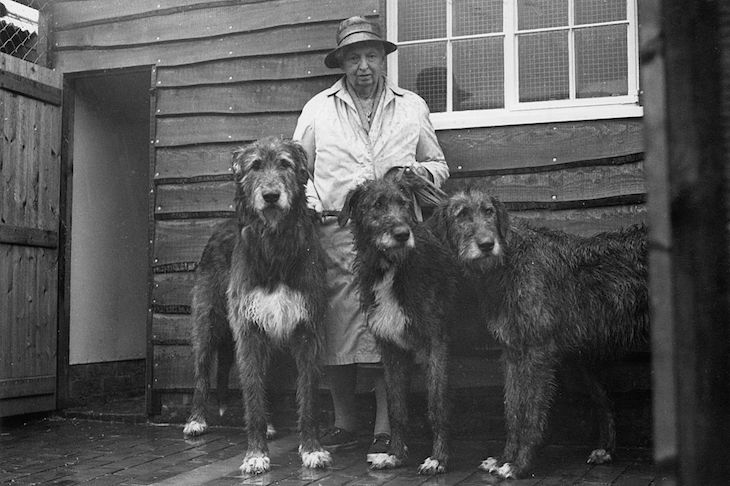
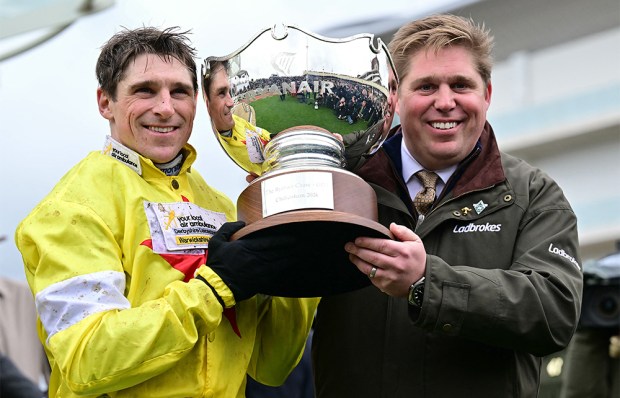
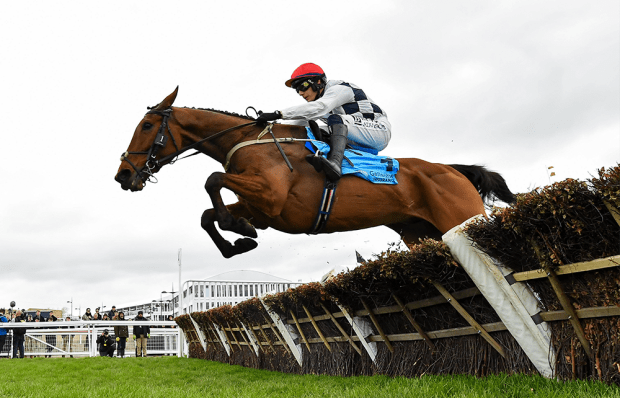
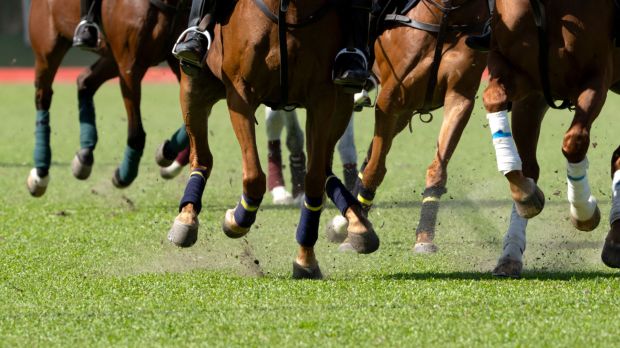
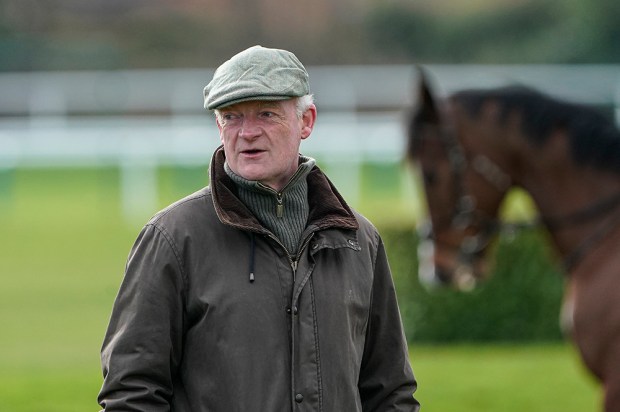
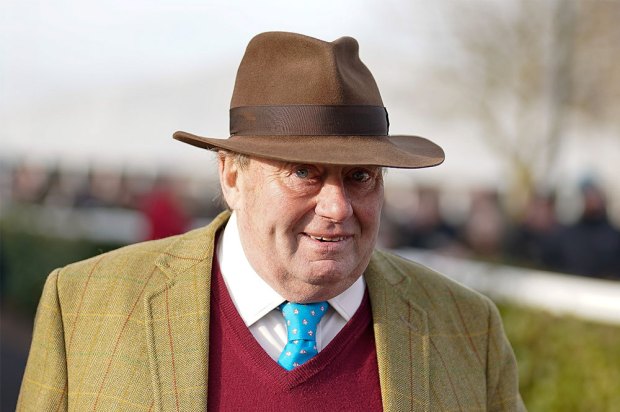







Comments
Don't miss out
Join the conversation with other Spectator Australia readers. Subscribe to leave a comment.
SUBSCRIBEAlready a subscriber? Log in